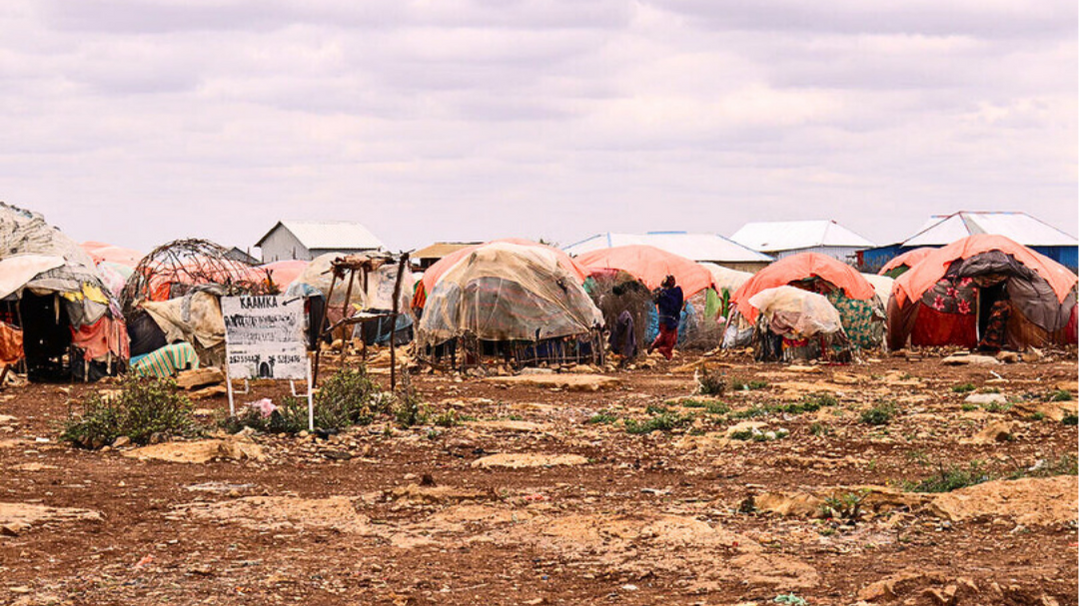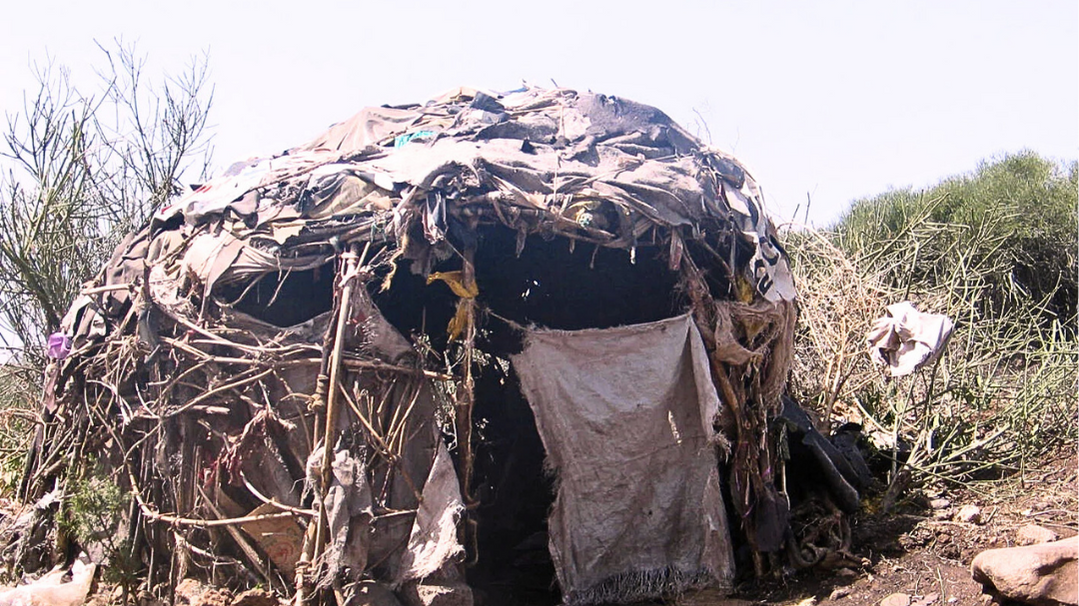End of Project Evaluation of ECHO-Funded ELWIS Project
The Emergency Livelihood and WASH Intervention In Somalia (ELWIS) project, generously funded by the European Civil Protection and Humanitarian Aid Operations (ECHO), stands as a beacon of hope for vulnerable communities. As the project concluded, IDTC embarked on a journey to unravel the accomplishments, challenges, and the transformative impact ELWIS project in partnership with ECHO has had on the lives of those it aimed to serve.
Project Landscape
The complex Somali environment, characterized by a blend of conflict, climatic adversities, and displacement, necessitates adaptable humanitarian responses. Acknowledging the pressing nature of the circumstances, ECHO allocated funds to partners for projects addressing emergency response. These initiatives sought not only to deliver immediate relief but also to establish the foundation for enduring recovery in the impacted areas. IDTC was enlisted to evaluate the effectiveness of this project.
Project Genesis and Objectives
The ELWIS project, initiated in response to the multifaceted crises faced by communities in Somalia, had a dual focus on Emergency Livelihoods and Water, Sanitation, and Hygiene (WASH) interventions. IDTC's primary objective was to evaluate the durability of the implemented solutions, addressing immediate challenges while establishing the foundation for sustainable development in the designated regions.
Emergency Livelihood Interventions
A fundamental aspect of ELWIS was its emphasis on livelihoods, acknowledging the inherent connection between economic stability and community resilience. IDTC evaluated the execution of micro-enterprise support, vocational training, and income-generating activities aimed at empowering individuals and households. The assessment conducted by IDTC equipped smallholder farmers and entrepreneurs with the essential skills and resources needed to reconstruct their lives and contribute to the revitalization of the local economy.
WASH Interventions
Aligned with livelihood initiatives, IDTC gave precedence to evaluating WASH interventions designed to meet the crucial demand for clean water and sanitation facilities. Assessment of access to safe water sources, hygiene education, and the construction of sanitation infrastructure played pivotal roles. The project had the dual objective of not only preventing the spread of waterborne diseases but also instilling sustainable hygiene practices within communities.
End of Project Evaluation
As IDTC neared its completion, a comprehensive End of Project Evaluation was conducted to assess the extent to which objectives were met, identify areas of success, and pinpoint challenges encountered. This evaluation, rooted in transparency and accountability, formed the basis for refining future interventions and ensuring a more targeted and impactful approach.


